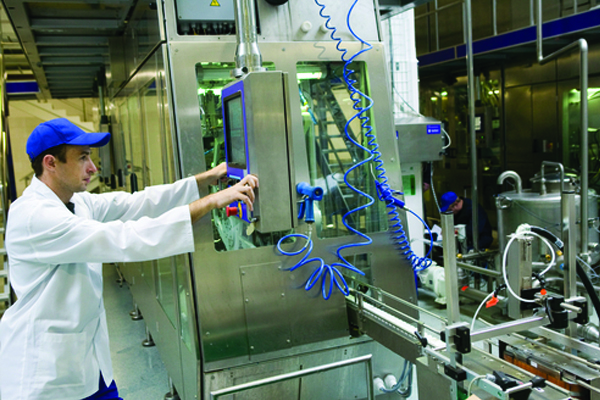Letter Of Credit, Confirming Bank, Issuing Bank, UCP
LETTER OF CREDIT WAS PAID BY THE BANK
This insightful story, told by Jim Harrington, concerns a company that builds equipment for manufacturing cans used in the food and beverage industry.
The manufacturer received a letter of credit to pay for a shipment of one machine. Since the documents complied with the terms of the letter of credit, the confirming bank in the Unites States made payment and sent the documents to the issuing bank in Brazil. The issuing bank in Brazil inspected the documents and also honored the payment.
BUYER CLAIMED IT WAS A USED MACHINE, NOT NEW
When the goods arrived in Brazil, the buyer discovered that the vintage machine, manufactured in the 1920s, did not meet the conditions of the contract, which indicated a new machine.
BANKS DEAL IN DOCUMENTS, NOT IN GOODS
When the buyer complained to the issuing bank in Brazil, the bank explained that they deal in documents, not in goods, and that the buyer had no claim against the bank because the documents complied with the terms of the Letter of Credit. As a courtesy, the issuing bank sent a message to the confirming bank, which in turn contacted the beneficiary to inform him of the mistake. Upon checking his records, the beneficiary discovered that through a computer error, a reconditioned machine left their warehouse instead of a new machine.
A GOOD DEAL FOR THE BUYER
The beneficiary contacted the buyer in Brazil with an offer to return the used machine in exchange for a new one, or alternatively, accept a credit of $100,000 and keep the old machine. Upon careful thought, the buyer determined that the more stringent manufacturing specs in the 1920s made the reconditioned machine of better quality than a new one, so he decided to keep the old one and accepted the $100,000 credit.
LETTER OF CREDIT RULES WERE FOLLOWED
The rules for processing letters of credit (UCP) clearly indicate that with a letter of credit, “Banks deal with documents and not with the goods, services or performance to which the documents may relate” (Article 5). Any disputes regarding the goods are handled directly between the buyer and seller, properly leaving the bank as an independent paymaster.


